Music and marketing might seem like worlds apart – after all, one is an art form, the other a commercial discipline – but they share more common ground than you might think. Both are about connection, emotion, and communication. Both must capture attention, tell a story, and leave a lasting impression. Indeed, many of the principles that make a great song resonate can also make a marketing campaign successful.
Here are some lessons from the world of music and songwriting that can be applied to marketing.
Hook your audience early
Every hit song has a hook – a melody or lyric that grabs you within seconds. Think of the instantly recognisable opening riff of “Sweet Child O’ Mine” or the immediate chorus of “She Loves You”. In music, a weak opening risks listeners skipping to the next track.
Marketing works the same way. Whether it’s an advert, social post, or email subject line, you have only a few seconds to win attention. A strong opening, be it a bold headline, a striking image, or an intriguing question, acts as your campaign’s hook. Without it, your audience will simply scroll on.
Consistency builds recognition
Some bands and artists are instantly recognisable, not because every song is identical, but because they have a consistent sound, style, and message. The Rolling Stones have their gritty blues-rock identity; Adele has her heartfelt ballads. Listeners know what to expect without feeling bored.
In marketing, consistency builds trust and brand recognition. A consistent tone of voice, visual identity, and brand values make it easier for customers to recognise you. Just as a band develops a signature sound, your company should have a signature style that remains consistent across platforms, while still evolving over time.
Storytelling matters
Many of the greatest songs tell a story, whether it’s a personal narrative (such as Tracy Chapman’s “Fast Car”) or a fictional one (like The Kinks’ “Waterloo Sunset”). These stories create an emotional connection, drawing listeners in and making the music memorable.
Marketing thrives on storytelling. A brand that simply lists product features is like a song without lyrics – technically fine, but lacking emotional pull. Sharing customer journeys, origin stories, case studies, or even behind-the-scenes moments makes your message relatable and human.
Emotion drives action
Music’s greatest strength is its ability to evoke feelings: joy, nostalgia, excitement and/or heartbreak. That emotional reaction is what keeps fans coming back.
Marketing works the same way. People rarely make decisions based on logic alone; emotions are a key driver. Whether it’s the excitement of a product launch, the comfort of a familiar brand, or the urgency of a limited-time offer, emotional triggers prompt action. As a result, campaigns that resonate emotionally are far more powerful than those relying solely on rational appeals.
Timing is everything
Bands don’t release a summer anthem in December or a Christmas single in June. Timing can make the difference between a song becoming a hit or being forgotten.
In marketing, timing also matters. Launching a campaign when your audience is most receptive – whether tied to a season, a cultural event, or a trend – can amplify impact. Just as musicians time album releases around tours or festivals, marketers should align campaigns with moments that maximise attention and relevance.
Simplicity often wins
Some of the most successful songs are deceptively simple. “Seven Nation Army” by The White Stripes is built on a straightforward riff, while pretty much every Ramones song is based on just a few simple chords (with a lot of attitude). Complexity isn’t always necessary for success.
Marketing benefits from the same principle. Clear messaging often outperforms overcomplicated campaigns. Customers need to understand your value quickly, as too much jargon or unnecessary detail risks losing them. Simple doesn’t mean boring; it means focused and accessible.
Reinvention keeps you relevant
Whilst consistency matters, even the most iconic artists reinvent themselves to stay fresh. David Bowie’s constant evolution, Bob Dylan going electric, and Madonna’s reinventions have kept them relevant across decades.
Marketing also requires evolution. Brands that refuse to adapt risk fading into obscurity. New channels, changing consumer preferences, and emerging cultural trends all demand a willingness to experiment. Reinvention doesn’t mean abandoning your brand’s identity, it means evolving it for new audiences and times.
Collaboration expands reach
Some of the most memorable songs come from collaborations; think of Queen and David Bowie’s “Under Pressure” or Elton John’s duets across decades. Collaborations bring together different audiences, styles, and creative perspectives.
In marketing, partnerships can have the same effect. Collaborating with complementary brands, influencers, or organisations can expand reach, introduce your brand to new audiences, and add fresh energy to your campaigns.
Practice and refinement matter
The final song you hear is rarely the first version recorded. Musicians produce demos, refine lyrics, adjust arrangements, and perfect performances before release. Even live, they rehearse constantly to deliver their best.
Marketing requires the same discipline. Campaigns should be tested, refined, and optimised. A/B testing, audience feedback, and performance analytics are your equivalent of rehearsals – helping you refine the message before pushing it to a wider audience.
Longevity comes from authenticity
Many musicians rise quickly and fade just as fast, often because their music feels manufactured or insincere. Artists with staying power (such as Bruce Springsteen) tend to have authenticity – they connect with audiences because they mean what they say.
In marketing, authenticity is just as critical. Customers are quick to detect insincerity. Brands that remain true to their values, communicate honestly, and show transparency are more likely to earn lasting loyalty.
Finding your rhythm
Music and marketing share a common mission: to connect with people in a way that feels meaningful and memorable. Whether you’re crafting a song or a brand campaign, success depends on capturing attention, building an emotional connection, and staying true to your identity.
So, next time you’re looking for marketing inspiration, put on your favourite album. You might find that the rhythm, harmony, and craft of great music can teach you just as much about successful campaigns as any textbook.

